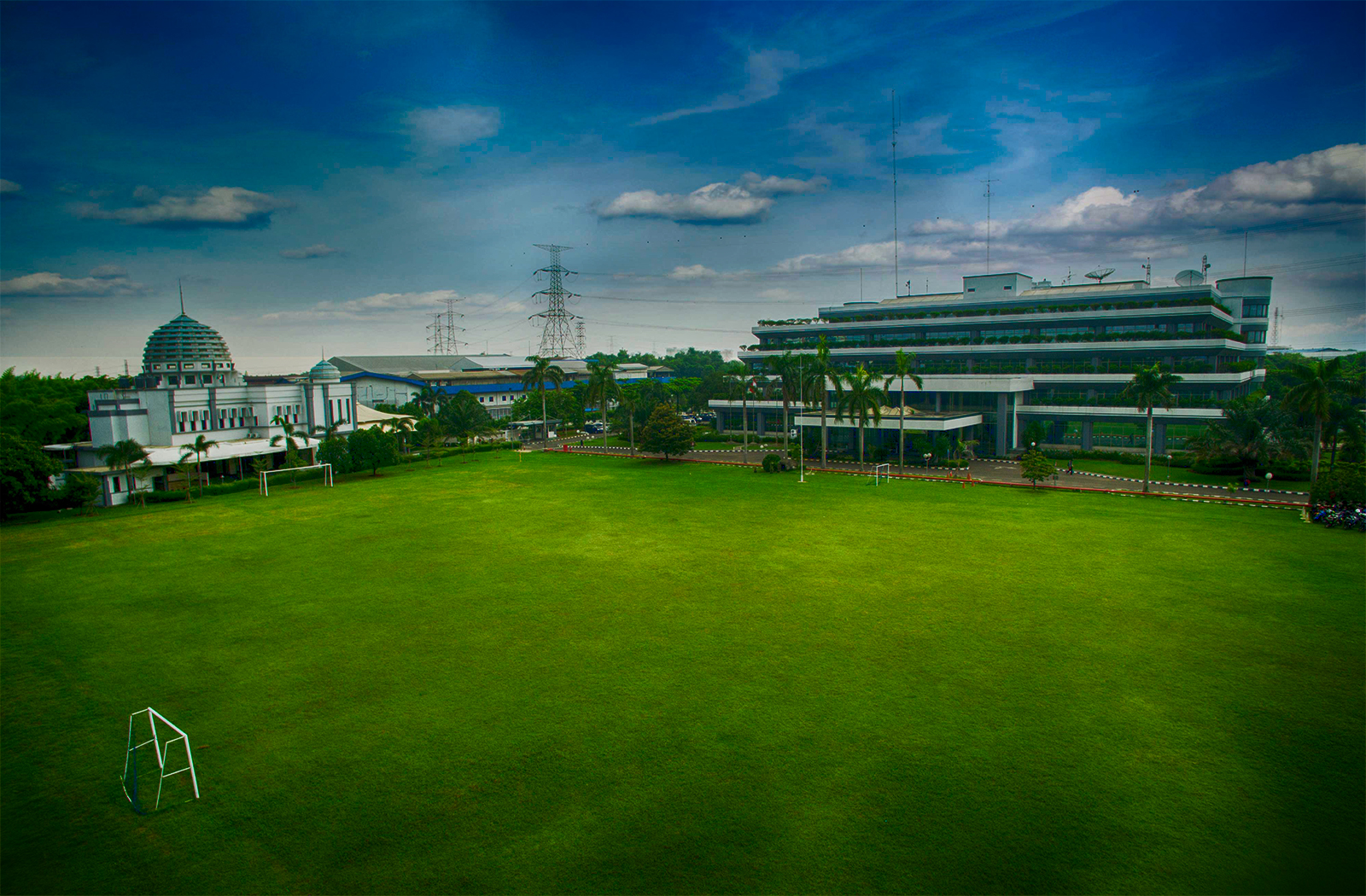PT Astra Agro Lestari Tbk or Astra Agro (”The Company”), was established on October 3, 1988, under the name PT Suryaraya Cakrawala. In August 1989, the Company changed its name to PT Astra Agro Niaga. While primarily focused on palm oil plantation operations, the Company ventured into tea and cocoa plantations in Central Java in 1990. Additionally, it introduced cooking oil products under the brand “Cap Sendok” in 1992.
In 1997, PT Astra Agro Niaga changed its name to PT Astra Agro Lestari Tbk and listed its shares on the Indonesia Stock Exchange under the code AALI on December 9. PT Astra International Tbk owns 79.68% of Astra Agro’s shares, while the public owns 20.32%.
In 2013, the Company expanded its operations by entering into a partnership with a Malaysian company, Kuala Lumpur (KL)-Kepong Plantation Holding Sdn, Bhd, to establish a joint venture named ASTRA-KLK Pte, Ltd, a marketing office based in Singapore. Additionally, in 2014, the Company established a palm oil processing plant, PT Tanjung Sarana Lestari (TSL) in Pasangkayu Regency, West Sulawesi. This facility specializes in producing derivative products such as RBDPO, Olein, Stearin, and PFAD, primarily targeting export markets in China and the Philippines.
In 2015, the Company acquired a 50% stake in a refinery owned by KL-Kepong Plantation Holding Sdn, Bhd, located in Dumai, Riau Province. The Company also established a Palm Kernel Oil (PKO)processing plant through its subsidiary, PT Tanjung Bina Lestari (TBL), in 2017, located in West Sulawesi.
To enhance operational processes, the Company pursued innovation by establishing NPK fertilizer mixing plants through two subsidiaries: PT Cipta Agro Nusantara in Central Sulawesi in 2016 and PT Bhadra Cemerlang in Central Kalimantan in 2017.
To sustain its business, the Company consistently implements a replanting program to rejuvenate the plant and increase palm oil production in all Astra Agro plantations in the future. Currently, Astra Agro’s plantations cover a total area of 285,387 hectares located in Sumatra, Kalimantan, and Sulawesi. The Company’s plantation comprises a core estate covering 213,158 hectares and a plasma estate covering 72,229 hectares.
In 2022, the Company reaffirmed its commitment to sustainability by launching the Astra Agro Sustainability Aspiration 2030 initiative, serving as the Company’s strategy in the same year. This sustainability initiative is aligned with the Sustainability Development Goals (SDGs) and in accordance with the principles of Environment, Social, and Governance (ESG). Astra Agro Sustainability Aspiration 2030 is implemented through 12 initiatives summarized in the Triple-P Road Map Strategy, namely Portfolio, People, and Public Contribution with Good Corporate Governance (GCG) as the key enabler.
As part of the Company’s commitment to sustainability, the Company has complied with established sustainability standards, including the Indonesian Sustainable Palm Oil (ISPO). Furthermore, Astra Agro has become one of the first companies to obtain ISPO in 2012 in one of the Company’s subsidiaries. Almost all of the Company’s subsidiaries have been ISPO certified. In addition, some of the Company’s subsidiaries have also obtained International Sustainability and Carbon Certification (ISCC).
To address future challenges, the Company consistently refines and adapts its business strategies to enhance productivity and efficiency, and to diversify prospective business lines associated with the palm oil industry in an agile manner.




